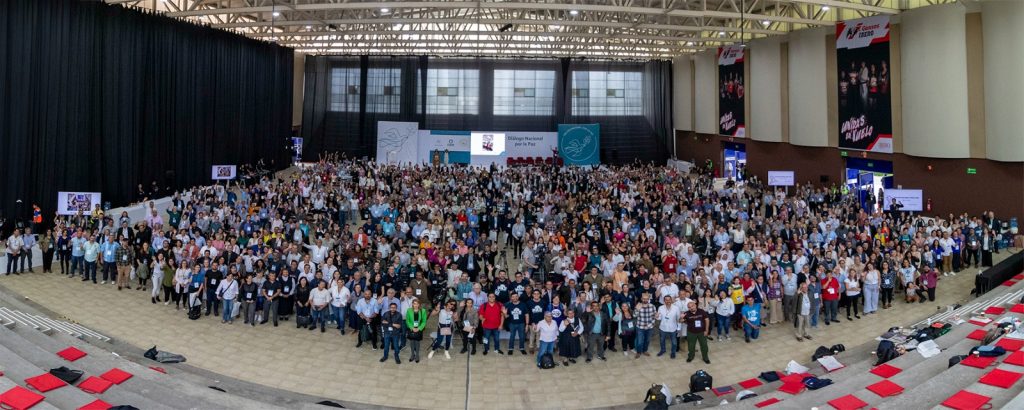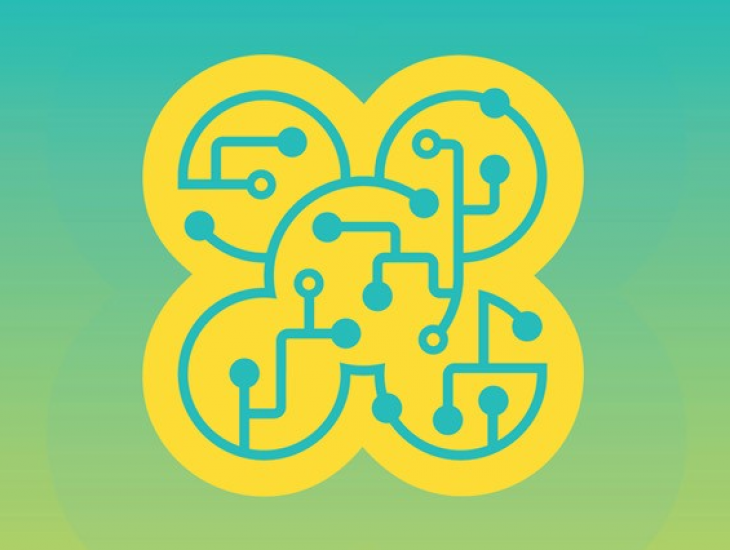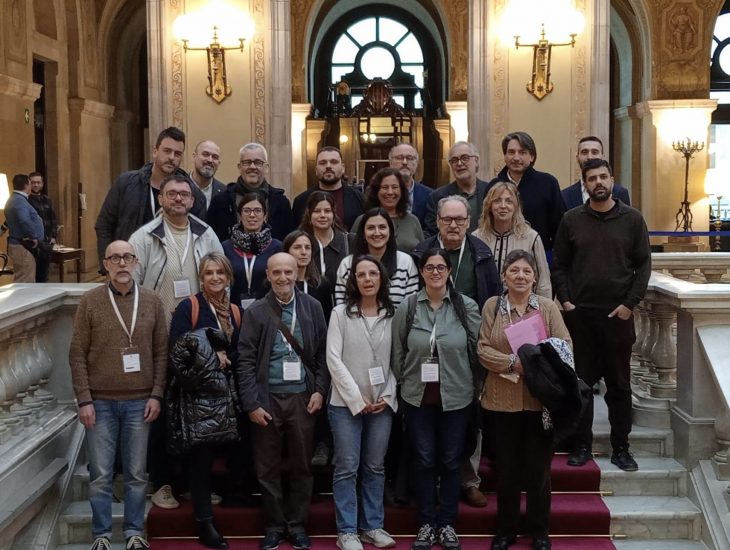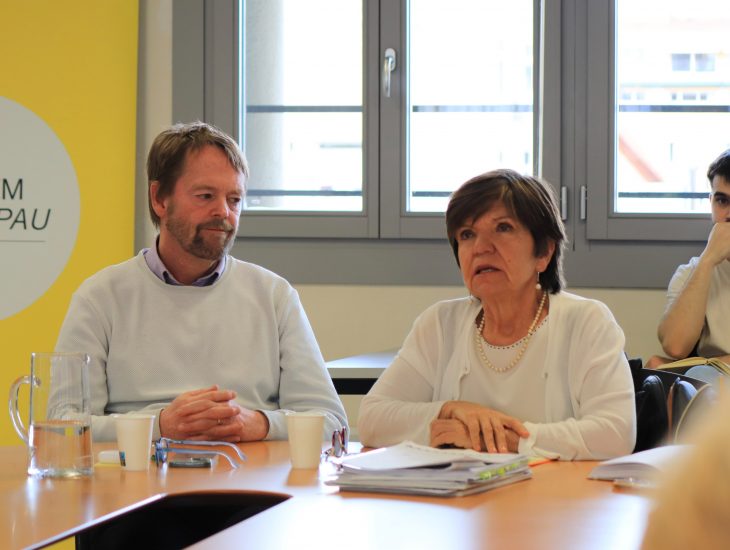From 18-20 September, an ICIP delegation travelled to Mexico to participate in the second meeting of the Platform for Peacebuilding in Mexico, of which the institution has been a member since its inception. This platform began to take shape in 2019 after the First International Forum on Peacebuilding in Mexico, held in Barcelona and organized by ICIP, Serapaz and Taula per Mèxic. After three years of regularly working online, the Platform met in person for the first time in Chiapas in October 2022.
This second meeting took place at Casa Xitla in the southern part of Mexico City. It brought together some forty people from economic, cultural and journalistic backgrounds, as well as representatives of the organizations that make up the Platform.
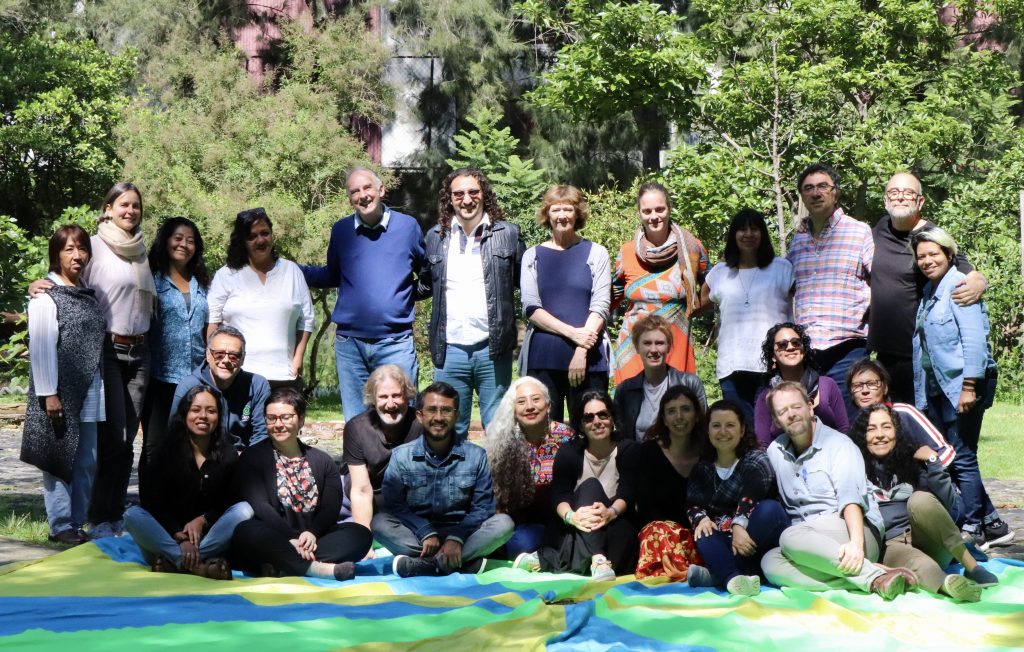
Drawing on the contributions of international experts such as Jenny Pearce, Guillermo Trejo and Alberto Solís, participants in the meeting delved into the diagnosis of violence in Mexico, a country strongly affected by the presence of organized crime and its collusion with public institutions. In the last 15 years, 450,000 people have been murdered, and more than 111,000 have disappeared. In addition, thousands of people have been forcibly displaced, and levels of social exclusion are alarmingly high.
In the face of statistics more typical of a country at war than of a peaceful democracy, the Platform provides a space for analysis, the exchange of information and reflection from which proposals for peacebuilding emanate. At the same time, the Platform also intends to be a sounding board for the concerns and demands of its member organizations, as well as those of the groups, movements and communities that these member organizations support in different parts of Mexico, especially in Chiapas and Oaxaca.
This second meeting of the Platform also provided an opportunity to define its internal organization and to identify strategies and methodologies for future actions.
In addition to the internal work sessions, the Platform convened a “Discussion group of citizen peacebuilding initiatives.” This event took place at the Centro Universitario Cultural on Monday, 18 September, and featured other proposals and projects related to peace in the country.
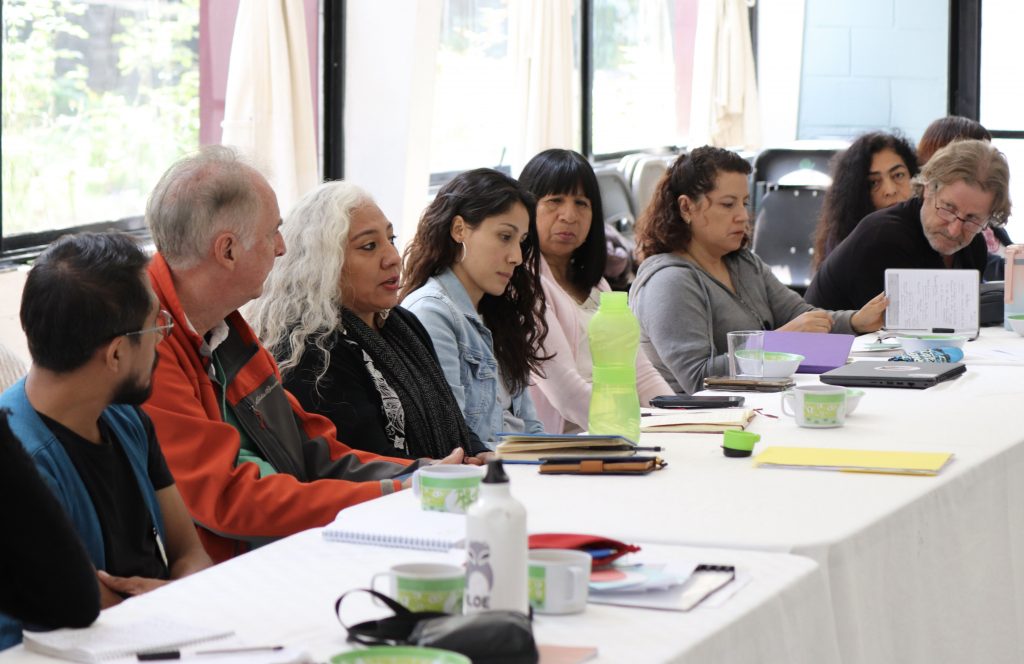
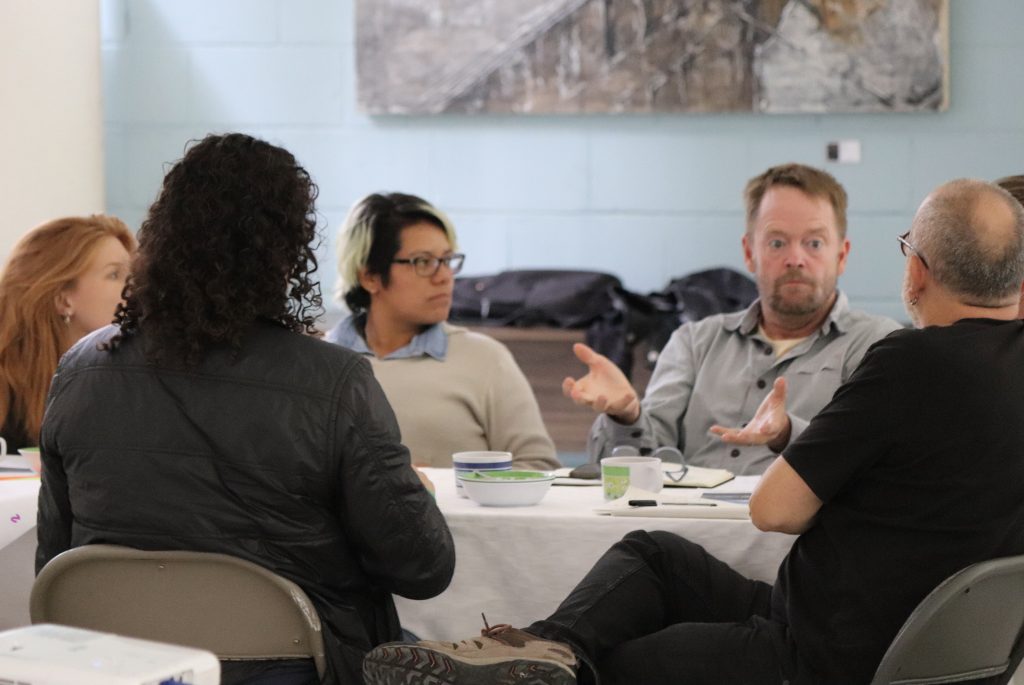
According to ICIP director Kristian Herbolzheimer, who attended the meeting: “Exciting initiatives are emerging in Mexico that seek to address the many forms of violence that occur in the country, which makes Mexico a real laboratory for peace. ICIP not only sees this as a valuable learning experience but also reaffirms its commitment to peace and its willingness to accompany and collaborate with local actors.”
National Dialogue for Peace in Puebla
One of these initiatives to comprehensively address the issue of violence and insecurity in Mexico is the National Dialogue for Peace, a meeting held at the Ibero-American University of Puebla from 21-23 September.
An ICIP delegation, accompanied by members of the Platform for Peacebuilding in Mexico, attended the event. This meeting was convened by the Conference of the Mexican Episcopate, the Conference of Major Superiors of Mexico, the Episcopal Lay Dimension and the Mexican Province of the Society of Jesus to generate a space for plural and inclusive dialogue on security and peacebuilding in the North American country.
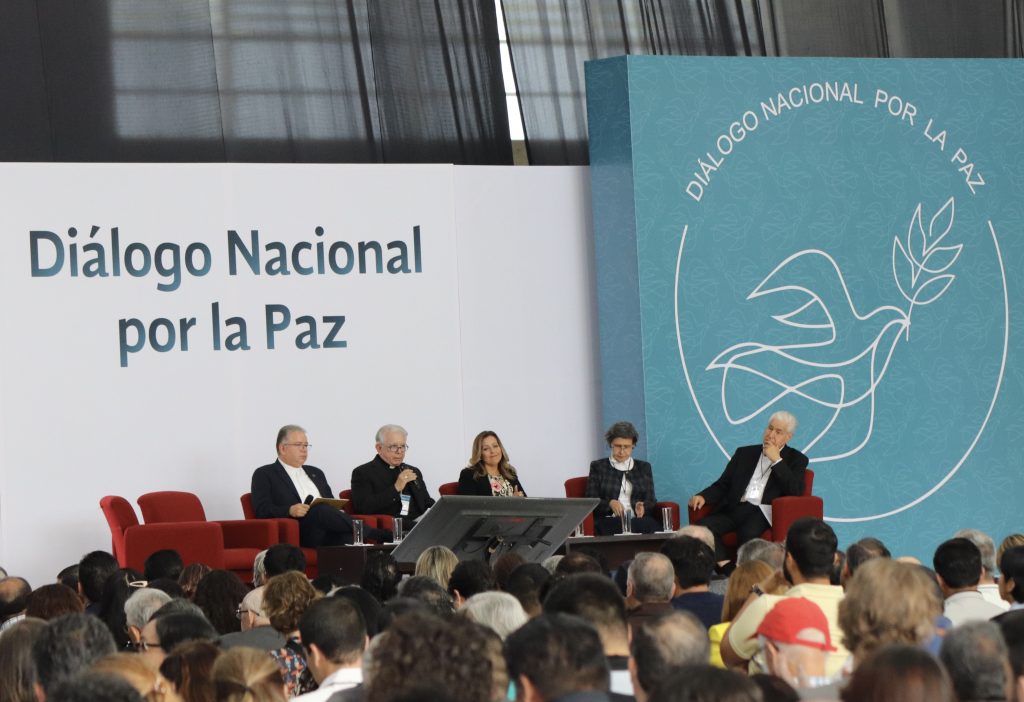
More than two thousand people from all over the country attended the event, many of whom had already participated in various forums held during the last year and a half. This initiative arose following the murder of two Jesuit priests in the Tarahumara Mountains of Chihuahua in June 2022. Since then, the Church in Mexico has organized days of prayer, discussion groups, forums on justice and peace and other initiatives that have brought together 18,000 participants in the country’s 32 states. All these efforts led to the Puebla meeting, which featured representatives from every social sector.
After three days of work, a National Agenda for Peace and a National Network for Peace were presented. The former is a document of over 30 pages that features various work proposals, and the latter is a network that aims to coordinate local initiatives – or people – that wish to undertake some peacebuilding process in their territories.
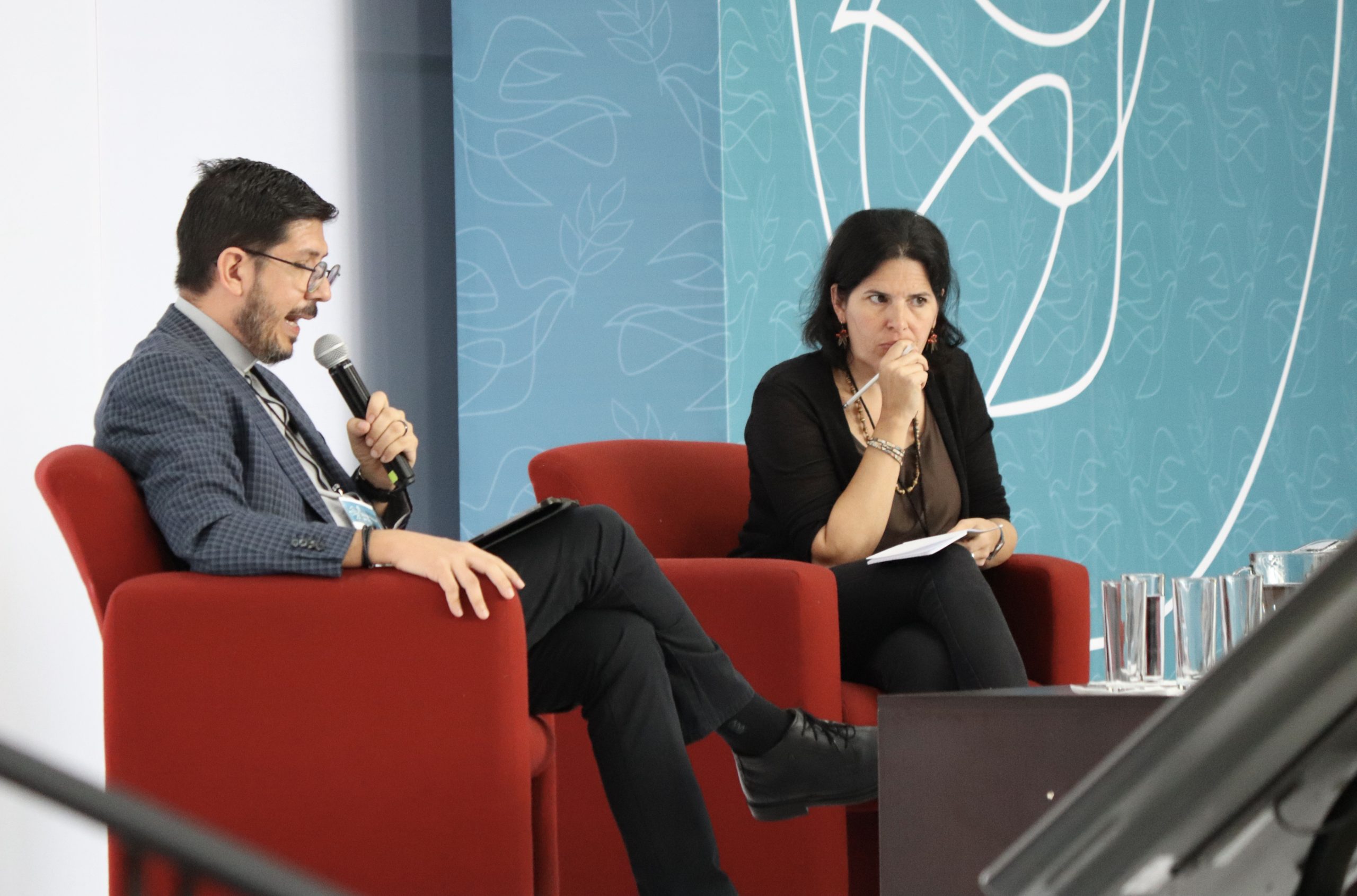
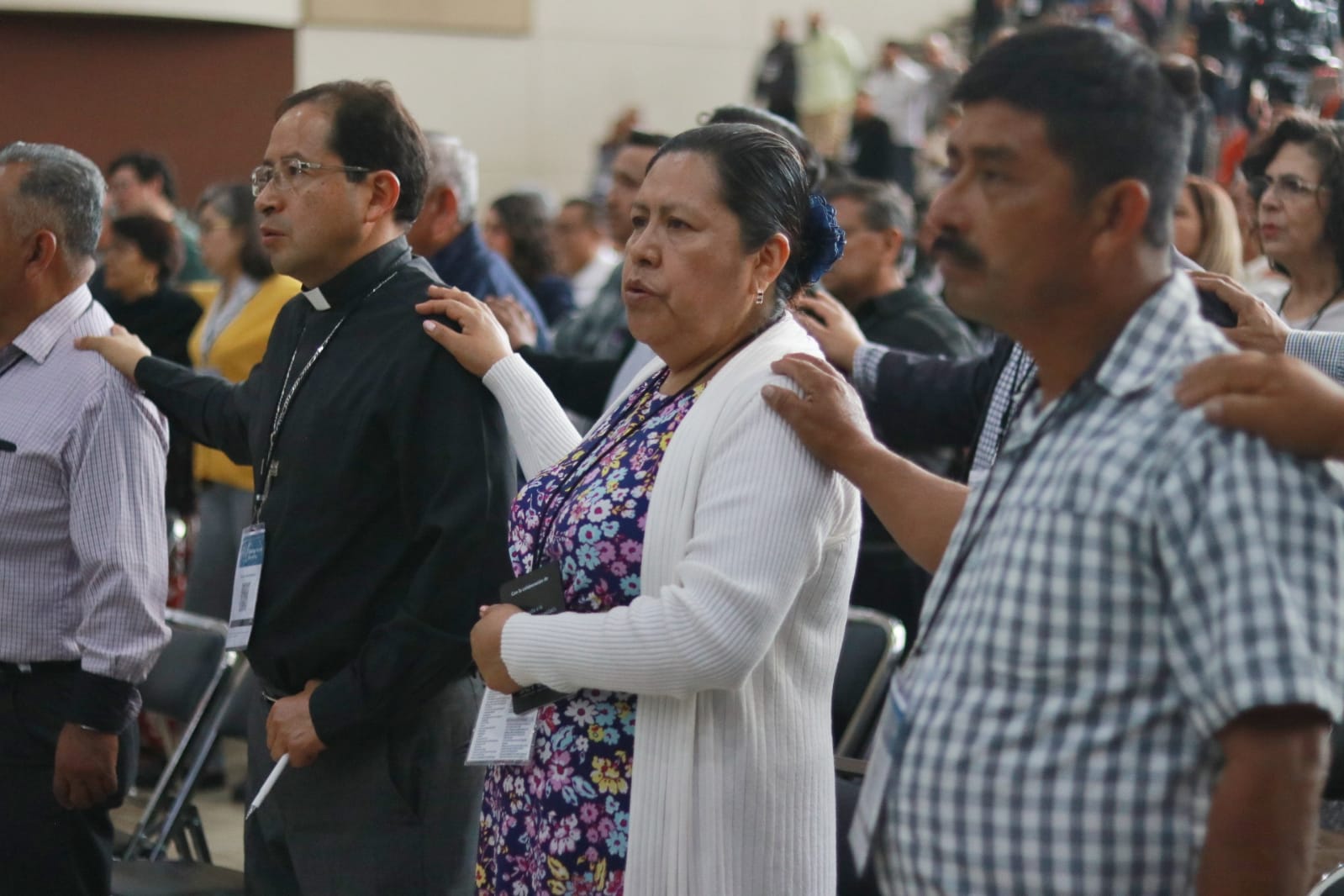
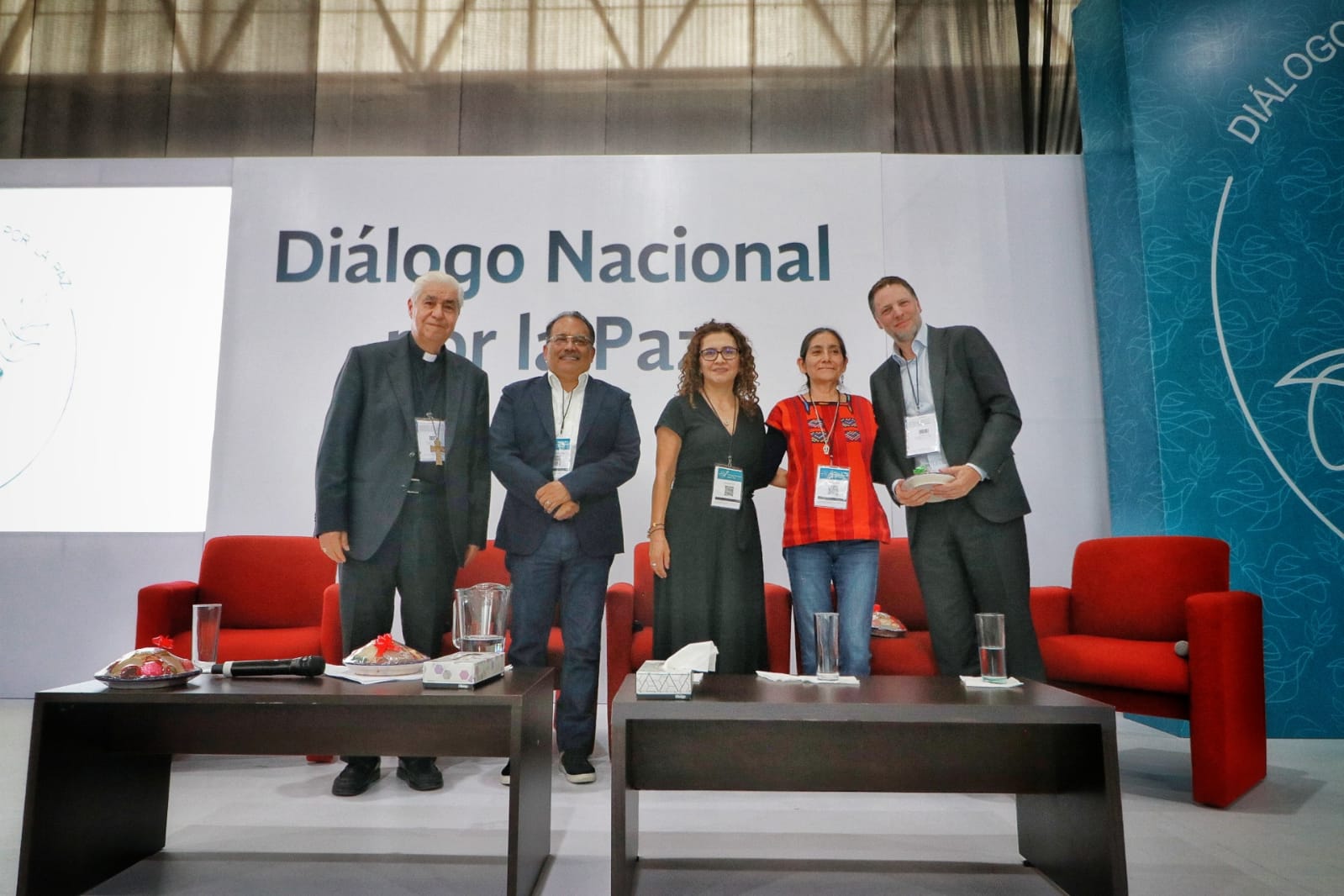
In addition, as a result of the meeting, 14 actions to eradicate violence in the country were presented. They were read by Father Jorge Atilano González Candia, a social worker with the Company of Jesus in Mexico and one of the main organizers of the meeting. The list includes, for example, actions to strengthen the procedures of restorative justice and to dignify and recover municipal and community police forces. The final document of the meeting and the 14 points are available here.
